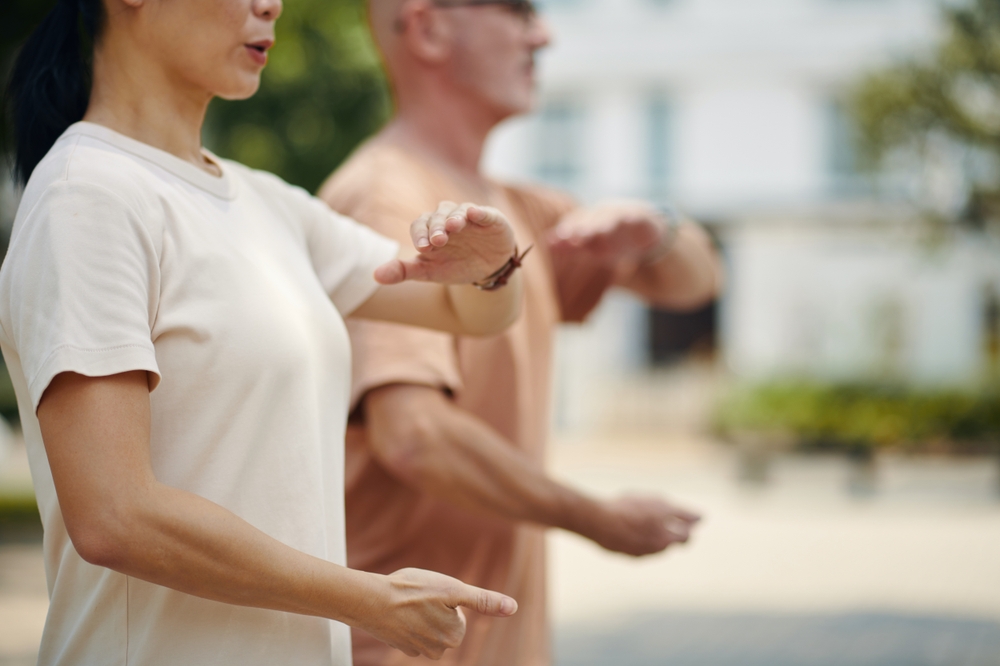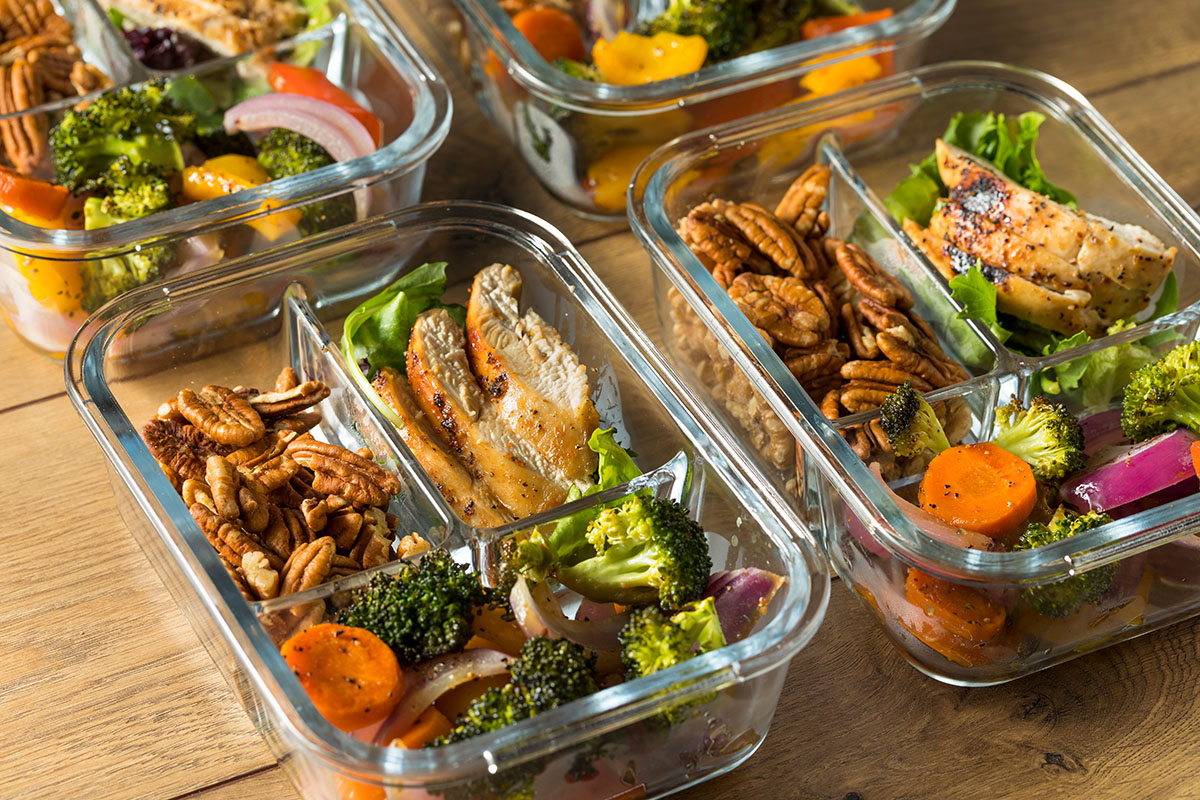Daily routines to strengthen immune resilience across time zones
Travel, shift work, and global schedules can challenge the immune system. This article summarizes daily routines focused on nutrition, sleep, hydration, movement and mindfulness to help maintain immune resilience when you cross time zones or manage irregular hours.

Crossing time zones and working irregular hours disrupts circadian rhythms, which can affect immune function, metabolism, and recovery. Practical daily routines mitigate those effects by aligning nutrition, sleep, hydration, movement and stress management with changing schedules. This article examines evidence-informed strategies that support immunity and resilience while keeping prevention, ergonomics, and recovery in mind.
How does nutrition support immunity?
Consistent, nutrient-rich meals help maintain metabolic stability and support immune defenses. Prioritize lean protein, fiber-rich vegetables, whole grains and healthy fats to supply amino acids and micronutrients involved in immune responses. Timing matters: when crossing time zones, shift meal timing gradually toward the destination schedule to help reset circadian cues. Small, balanced snacks between meals can prevent large glucose swings that stress metabolism. Include vitamin-rich foods—citrus, leafy greens, nuts and seeds—for antioxidants and minerals associated with immune function, while moderating added sugars and excessive alcohol that can impair recovery.
How does sleep influence recovery and resilience?
Sleep is a core pillar of immunity and recovery. Aim to preserve sleep quantity and quality by maintaining a regular sleep window tied to your current time zone. When travel causes short-term disruption, practice strategic naps (20–30 minutes) to reduce sleep debt without interfering with nighttime sleep. Optimize the sleep environment with cool temperature, low light and minimal noise. Pre-bed routines—consistent winding-down activities and limiting screens—help shift your internal clock. Sufficient restorative sleep supports cellular repair, hormonal balance, and stress resilience, all of which underlie stronger immunity.
What role does hydration and metabolism play?
Hydration maintains mucosal barriers, aids circulation, and supports metabolic processes essential to immunity. Dehydration, common during flights or in unfamiliar climates, can thicken secretions and reduce physical comfort. Aim for steady fluid intake across the day: water, electrolyte-balanced beverages when needed, and hydrating foods like fruits and soups. Adjust intake for activity, temperature, and caffeine or alcohol use. Stabilizing blood sugar through regular meals and balanced macronutrients helps metabolism and reduces stress responses that can compromise immune resilience.
How can movement and fitness help immunity?
Regular movement supports circulation, lymphatic flow and metabolic health. Combine moderate aerobic activity, strength training and mobility work to maintain fitness despite travel or schedule shifts. Short bouts of movement—15 to 30 minutes of brisk walking or bodyweight exercises—can be integrated around flights or meetings to combat prolonged sitting and support recovery. Gentle stretching and posture-focused ergonomics reduce musculoskeletal stress, aiding sleep and lowering chronic stress exposure. Avoid abrupt high-intensity sessions when acutely sleep-deprived, as extreme exertion without recovery can temporarily weaken immune defenses.
How does mindfulness reduce stress and aid prevention?
Psychological stress influences inflammation and immune function. Brief mindfulness practices—focused breathing, body scans, or short guided meditations—help reduce acute stress, improve sleep onset and support cognitive clarity in shifting schedules. Incorporate mindfulness into travel transitions: before bedtime in a new time zone, upon waking, or during in-flight breaks. Consistent practice builds resilience by lowering baseline stress reactivity, aiding recovery and supporting prevention of stress-related immune disturbances.
How to design a routine for ergonomics and recovery?
Create a daily routine that blends ergonomics, scheduled recovery, and gradual adaptation to local time. Use ergonomic principles when working in unfamiliar spaces: proper chair height, screen position, and regular micro-breaks to reduce physical strain. Plan predictable meal times, movement windows, and wind-down rituals tied to your destination’s evening to accelerate circadian adjustment. Prioritize recovery practices—cold showers, compression or gentle stretching, and consistent sleep routines—to limit cumulative fatigue. Small, repeatable habits increase resilience over time and reduce susceptibility to infection or prolonged recovery.
This article is for informational purposes only and should not be considered medical advice. Please consult a qualified healthcare professional for personalized guidance and treatment.
Conclusion
Strengthening immune resilience across time zones combines practical routines in nutrition, sleep, hydration, movement and mindfulness with attention to ergonomics and recovery. Gradual adjustments in meal timing and sleep, steady hydration, regular movement, and consistent stress-management practices together support metabolic stability and immune function. Over time, these daily habits reduce disruption from travel or shift work and contribute to more reliable prevention and recovery outcomes.






